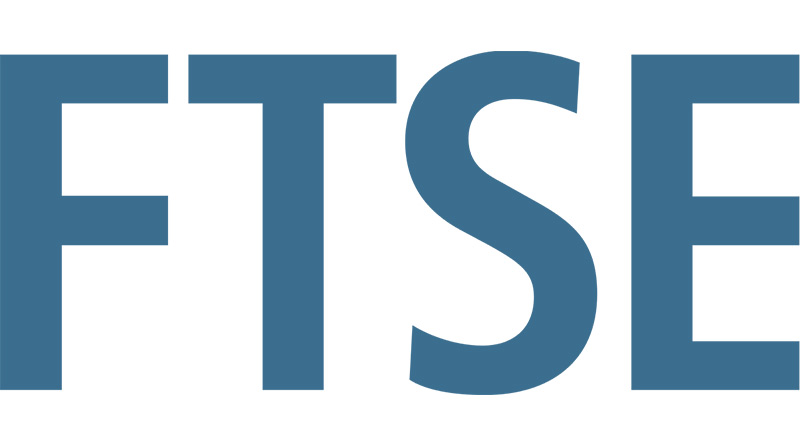Profit warnings issued by FTSE Travel and Leisure companies fell to seven-year low in 2021

- FTSE Travel and Leisure companies issued just 11 profit warnings in 2021, down from the 74 issued in 2020
- Earnings downgrades have reduced warnings and careful management, together with certain government support measures, have helped the sector weather another challenging year
- However, the imminent withdrawal of support, cost increases and uncertainty over recoveries in city centre footfall and business travel could hinder the sector’s recovery
London, 24 January 2022: Profit warnings issued by FTSE Travel and Leisure companies fell to their lowest level in seven years in 2021 despite the sector experiencing another challenging year, according to EY-Parthenon’s latest Profit Warnings report.
In total, the FTSE Travel and Leisure sector, which includes restaurants and bars, issued just 11 profit warnings in 2021, from 16% of the sector. This compares with the record 74 profit warnings issued in 2020 in the height of the pandemic.
The low level of profit warnings reflects the impact of record earnings downgrades in 2020, but also the positive impact of certain government support measures and how well businesses in the travel and leisure sector have adapted over a year which began with a lockdown and ended with the COVID-19 Omicron variant.
Meg Wilson, Turnaround and Restructuring Partner at EY, said: “Despite a challenging year, which included continued travel restrictions and reduced air passenger numbers, the travel industry has shown remarkable resilience. Looking ahead to 2022, pent up demand for summer holidays, record levels of personal savings and a rebalancing of consumer spending from products to experiences should support a much better year ahead for international leisure travel.
“However, there are still hurdles to overcome. Whilst the UK is further relaxing obstacles to travel, variability in destination markets remains. There is uncertainty surrounding the timing of bookings and the extent of business travel reductions, which will result in different recovery speeds across the sector. Margin pressures also haven’t gone away and the pass-on of costs may become harder as the cost-of-living squeeze intensifies.
She added: “Inevitably some companies will struggle to adapt, and some will be vulnerable to failure. But for travel companies who draw upon their experience, resilience, and agility, and tell a compelling long-term value story, the opportunities are significant.”
Challenges ahead for hospitality
The hospitality sector also faced continued staffing problems in 2021 with an average seven vacancies for every 100 employees. Brexit’s impact on the labour market, combined with furlough and growth of opportunities elsewhere, especially in retail and logistics, has increased competition and left some companies struggling to adapt.
Christian Mole, EY UK & Ireland Head of Hospitality & Leisure, comments: “On the face of it, the UK hospitality sector is a strong candidate for a post-pandemic bounce. However, 2022 could be the toughest year yet with government support being withdrawn and cost pressures mounting.”
“Hospitality companies are commonly having to incur double digit payroll increases to employ and retain staff, with additional bonuses becoming common for in-demand staff. Many operators can’t find enough employees – or at least, employees with the right skill sets – to operate at a limited capacity, let alone to meet and capture the benefits of increased demand. As a result, we are seeing reductions in opening hours and in the ranges of services and facilities on offer across the sector.”
He continued: “When combined with the recent increases in energy costs, upcoming increases in VAT and business rates and the end of the rent moratorium, the sector will need to instigate price rises to maintain profitability. And whilst consumers are feeling more confident in returning to pubs, bars and restaurants, there remains great uncertainty over the extent to which city centre footfall and international and upscale business travel will return to pre-pandemic levels, although ‘blue-collar’ travel has, so far, held up reasonably well.”
Supply chain issues hit listed companies
In total, 203 profit warnings were issued in 2021 across all FTSE sectors, down from the record-breaking 583 warnings witnessed in 2020 and the second lowest by number since EY began tracking warnings in 1999. The low total is due to the strong post-lockdown rebound and exceptionally low levels of profit warnings in the first half of the year, which gave way to extensive supply chain disruption and rising costs in the second. A record 44% of profit warnings blamed supply chain disruption in Q4 (compared to just 2% between 2009 and 2019), with a further 27% citing rising cost pressures.
Meg Wilson said: “We expect to see more restructuring activity in 2022 as the last government support measures fall away and businesses feel the full force of, not only economic and structural pressures, but the increasing focus on Environmental, Social, and Governance (ESG) metrics, as funders increase their focus on supporting ‘sustainable’ businesses. The ability to demonstrate purpose and long-term value has never been so vital.”
